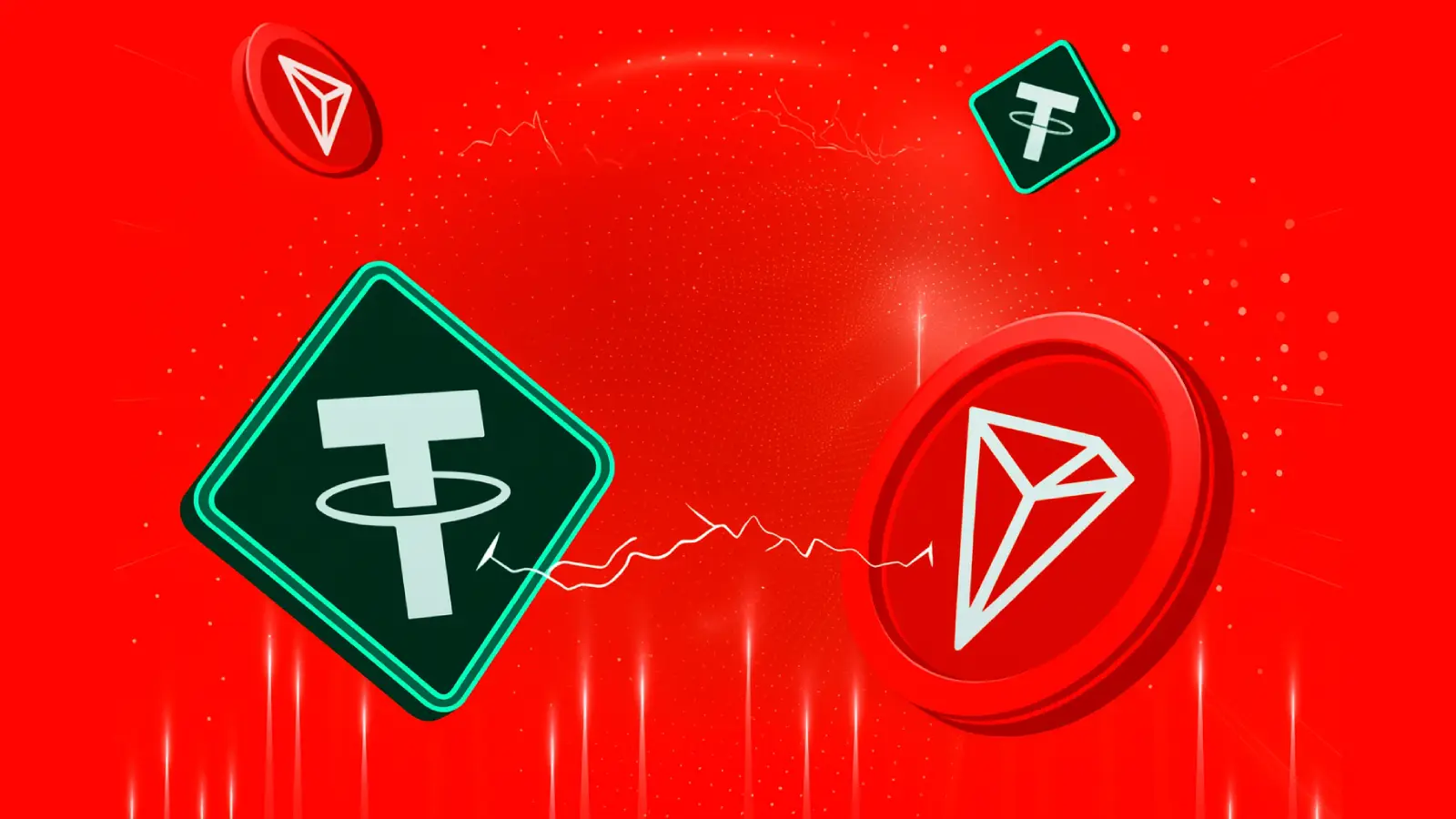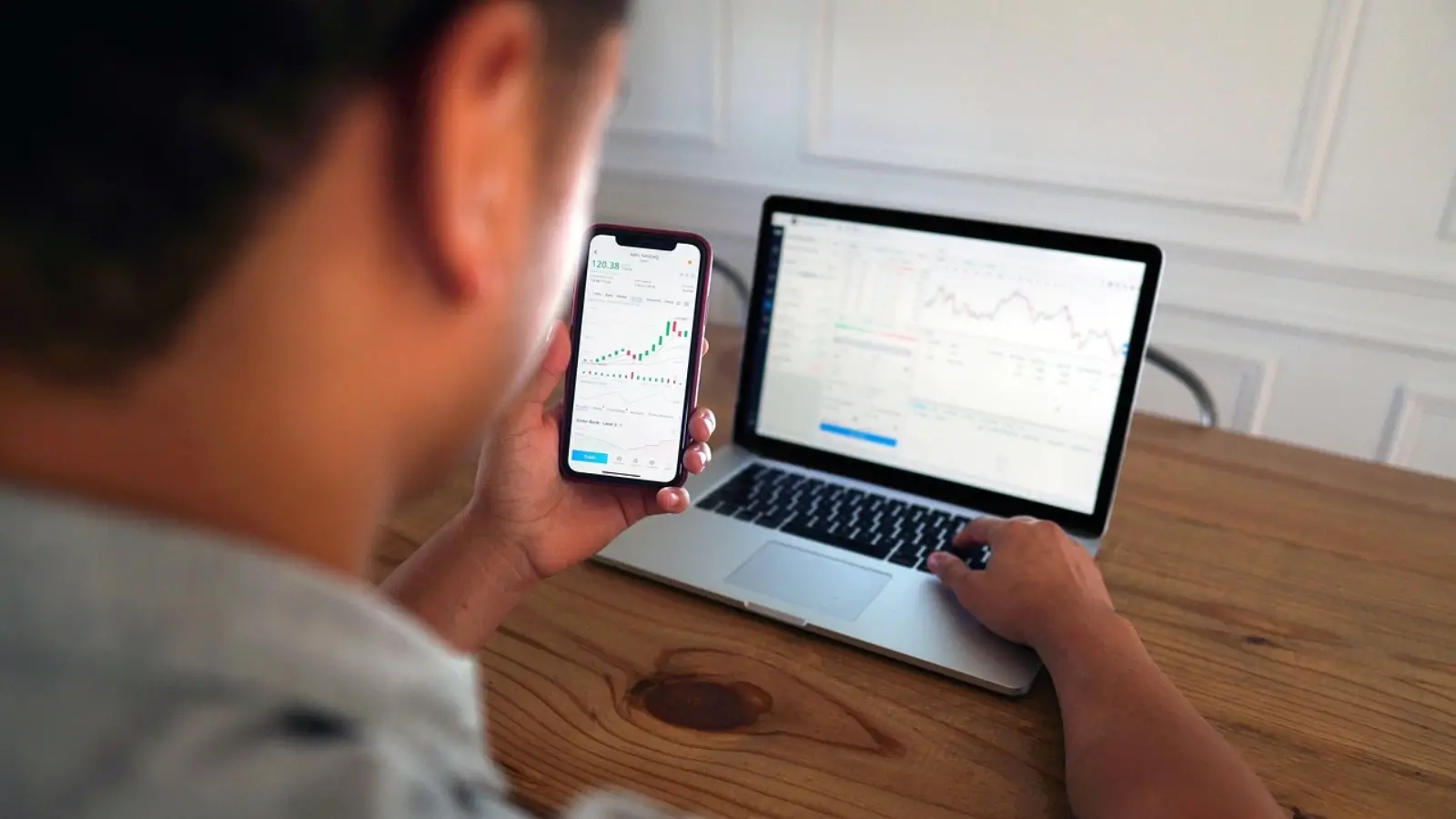Cryptocurrency, the enigmatic digital money living on the internet, is unsurprisingly just a few clicks away. Should you buy, earn, or receive crypto, does not matter: this guide covers everything you need to know about getting started with digital currencies like Bitcoin and Ethereum.
What is Cryptocurrency?
Very simply put, cryptocurrency is digital money that exists only in the digital space. But this is only one facet of this invention. Unlike traditional (fiat) currency, it uses encryption to regulate the creation of units and verify transfers. No banks. No borders. Just peer-to-peer transactions on a database or ledger called blockchain.
This digital-only market never sleeps. Cryptocurrency trading happens 24/7, 365 days a year. Prices change every minute of every day, creating opportunities around the clock.
Ways to Get Cryptocurrency
Buy Crypto with Traditional Money
The most straightforward and common way to get cryptocurrency today is to buy it. Here's generally how it looks:
-
Find a reputable exchange platform where you can trade your dollars, euros, or other currency for crypto. User reviews and forums are the best bet.
-
Create an account and complete identity verification. This usually involves submitting identification documents to comply with regulations.
-
Connect your bank account, debit card, or credit card as a payment method.
-
Choose the cryptocurrency you want and the amount you wish to purchase. Review the exchange rate and any fees.
-
Complete your purchase.
Making this process simple for beginners with user-friendly interfaces is at this point a staple of a crypto service. What you will need to pause and think about is fees and rates. They typically range from 0.5% to 4% depending on your payment method and the platform you choose.
Earn Crypto Through Work or Services
Did you know you can also work and get paid in crypto? As digital currencies gradually gain more mainstream acceptance, more companies offer compensation and bonuses in cryptocurrency.
For instance, freelance platforms now facilitate crypto payments for services like writing, design, programming, and consulting. If full-time is more appealing to you, employers, especially in tech, offer crypto as part of compensation packages or bonuses.
There is also an even more crypto-native method to get more crypto. Creating and selling digital goods like art, music, or virtual items as NFTs (Non-Fungible Tokens) on Ethereum and other blockchain platforms might require you to already be familiar with them but otherwise, are an absolutely valid way to multiply your funds.
Although more time-consuming, this approach combines earning for a living with building a crypto portfolio at the same time.
Receive Crypto as Gifts or Transfers
Blockchain makes sending money almost as easy as sending a text message. If someone already owns crypto, they can transfer some to you in minutes or seconds.
To receive crypto, you'll need a wallet address: it’s a unique string of letters and numbers that functions like a digital bank account number. Share this address with anyone who wants to send you cryptocurrency. Mind that they'll need a small extra amount of crypto to pay network fees for the transfer. Once sent, funds typically arrive in minutes, but rarely network congestion can slow it down.
Most platforms let you request crypto payments by generating custom payment links or QR codes.
Trade Other Cryptocurrencies
If your question is less “how do I get cryptocurrency” and more “how to get the cryptocurrency I need”, trade one type of cryptocurrency for another.
Cryptocurrency exchanges let you swap different cryptocurrencies without converting back to traditional money. This method often incurs much lower fees than buying with fiat currency. An extra benefit of this action is that it introduces you to different blockchain ecosystems and their unique features.
Popular trading pairs include BTC-ETH (Bitcoin to Ethereum), ETH-SOL (Ethereum to Solana), and many others that let you diversify your crypto holdings. Check your platform for pair availability, as not all possible combinations necessarily translate to a market.
Airdrops and Rewards Programs
Some cryptocurrency projects distribute free tokens through so-called "airdrops" to build awareness and grow their user base. It is massively popular due to many reasons from getting free (with an asterisk) crypto to an opportunity to join a project early.
-
Follow cryptocurrency news to learn about upcoming airdrops.
-
Create accounts on platforms that offer crypto rewards for trading, learning, or referrals.
-
Complete simple tasks or read educational content for complimentary small amounts of crypto.
-
Refer friends to crypto platforms and earn commissions when they sign up or trade.
Rewards are usually small, but they add up and can introduce you to new cryptocurrencies without financial risk.
Where to Get Cryptocurrency
Centralized Exchanges
Mainstream platforms provide the easiest entry point for beginners. They offer:
-
Strong security measures to keep your assets protected.
-
User-friendly interfaces designed for newcomers.
-
Customer support if you encounter issues. Integration with bank accounts and payment cards.
-
Options to set up recurring purchases.
The tradeoff here is these platforms typically charge higher fees and require identity verification.
Decentralized Exchanges (DEXs)
For the more tech-savvy actual crypto holders, DEX trading offers direct peer-to-peer trading without a middleman. Benefits include:
-
No identity verification requirements in most cases.
-
Direct control of your cryptocurrency without a third party.
-
A wider range of cryptocurrencies, newer tokens included.
-
Potential for lower fees on some transactions.
The learning curve is steeper and the prerequisite might be a deal-breaker, but many users still prefer the additional privacy and control.
Peer-to-Peer Marketplaces
These platforms work to help buyers and sellers connect directly, rather than doing their trading. P2P platforms have various payment methods like bank transfers, gift cards, or even cash meetings. They offer:
-
Flexibility in payment methods.
-
Potential for better rates in some cases.
-
The ability to build reputation and trading relationships.
-
Options for local trading in your currency.
However, exercise caution and do not neglect escrow services provided by these platforms to protect yourself from scams.
Storing Your Cryptocurrency
Once you get cryptocurrency, you need a place to keep it and you better make it a safe one!
Software Wallets
These digital applications live on your phone or computer. They're convenient for everyday transactions and smaller amounts of crypto. Setup takes a few minutes, and you can access your funds anytime.
Remember to back up your recovery phrase: a list of words that can restore your wallet if your device is lost or damaged. You will also be able to import your wallet into other apps if you ever feel like switching things up. The recovery phrase equals ownership in crypto, so never share it with anyone you don’t trust.
Hardware Wallets
For larger amounts, consider a hardware wallet. These physical devices keep your crypto offline, away from potential hackers. Think of them as your personal crypto vault.
They cost between $50-$200 but provide peace of mind for serious investors.
Custodial Solutions
Although not as widespread as self-custody wallets, some platforms hold cryptocurrency for you, similar to how a bank holds your cash. This approach is simplest for beginners but means trusting a third party with your assets. Keeping your crypto assets on an exchange falls into this category as well.
Look for platforms that offer insurance and strong security track records if you choose this option.
Protection and Security
Getting cryptocurrency is just the beginning. Keeping it safe is equally important.
Create strong, unique passwords for all crypto-related accounts, and using separate emails can also be a good idea. Enable two-factor authentication whenever available. Learn how to recognize phishing attempts that try to steal your login credentials or even access to funds. Never share your private keys or recovery phrases with anyone.
By the way, almost all cryptocurrency transactions are irreversible. Once sent, funds cannot be recalled without the recipient's cooperation, which makes recovery all the more difficult.
Tax Considerations
There is a good chance cryptocurrency is treated as property for tax purposes where you are. This means:
-
Buying crypto isn't typically taxable, but selling, trading, or spending it might create tax obligations.
-
Keep detailed records of all your cryptocurrency transactions. Consider using special crypto tax software to keep track of your activity.
-
Overwhelmed? Consult with a tax professional familiar with cryptocurrency if you're actively trading.
Being proactive about taxes prevents a lot of headaches come filing season.
Getting Started Today
Cryptocurrency is not as complicated as you might think. Start small, learn as you go, and gradually expand your knowledge along with holdings.
The digital currency revolution is still at its nascent stage. By learning how to get cryptocurrency now, however small, you're positioning yourself at the forefront of financial innovation.
















